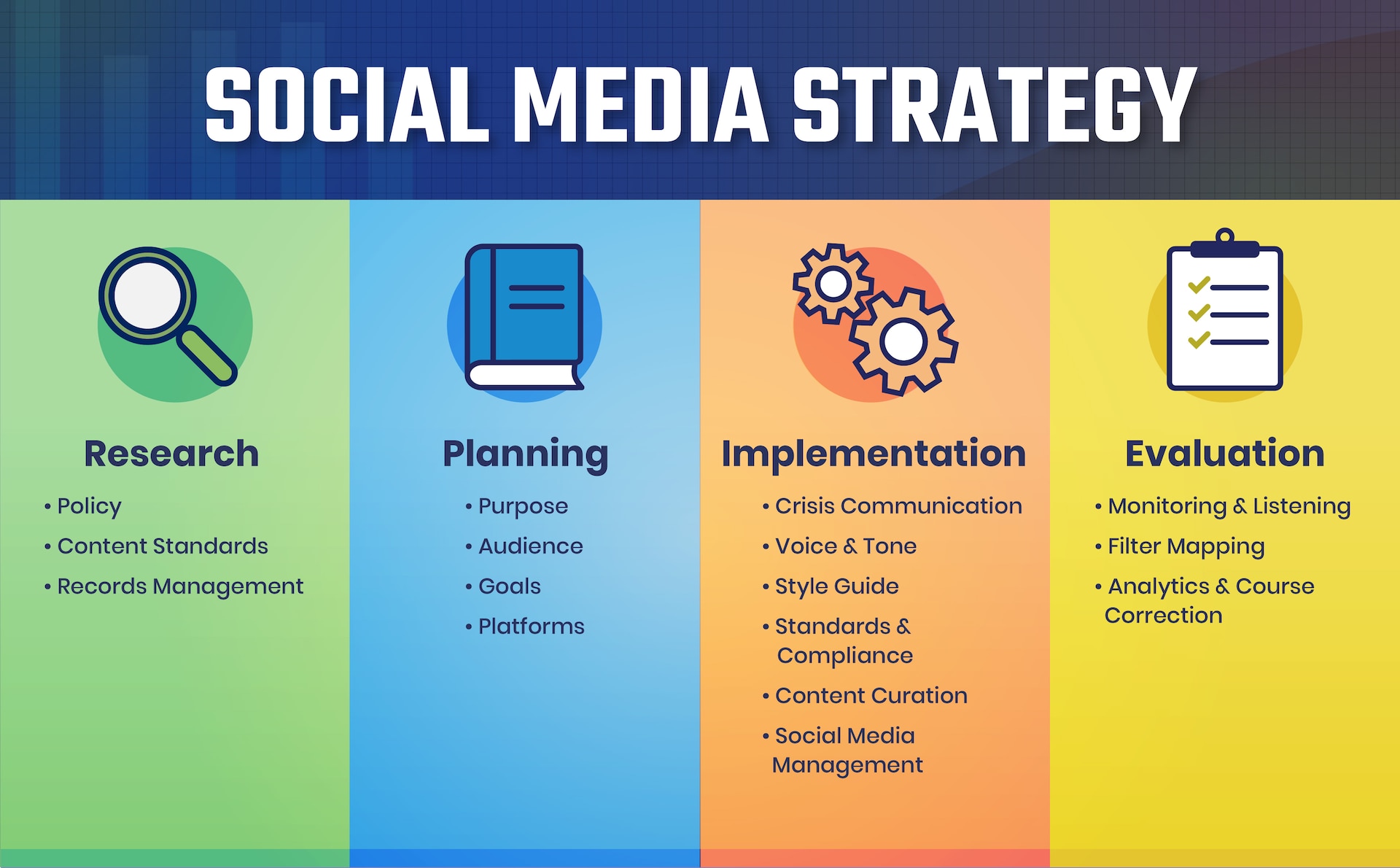Social Media Calendar 2025 UK: A Comprehensive Guide To Planning Your Social Media Strategy
Social Media Calendar 2025 UK: A Comprehensive Guide to Planning Your Social Media Strategy
Related Articles: Social Media Calendar 2025 UK: A Comprehensive Guide to Planning Your Social Media Strategy
- Rocky Hill Middle School Calendar: A Comprehensive Guide For Students And Parents
- May 2025 Calendar (Monday Start)
- Free Wall Calendar 2025: Plan Your Year With Style And Efficiency
- November 2025 Calendar Large Print: A Comprehensive Guide For Planning And Organization
- World Superbikes 2025 Calendar Unveiled: A Thrilling Season On The Horizon
Introduction
In this auspicious occasion, we are delighted to delve into the intriguing topic related to Social Media Calendar 2025 UK: A Comprehensive Guide to Planning Your Social Media Strategy. Let’s weave interesting information and offer fresh perspectives to the readers.
Table of Content
Video about Social Media Calendar 2025 UK: A Comprehensive Guide to Planning Your Social Media Strategy
Social Media Calendar 2025 UK: A Comprehensive Guide to Planning Your Social Media Strategy
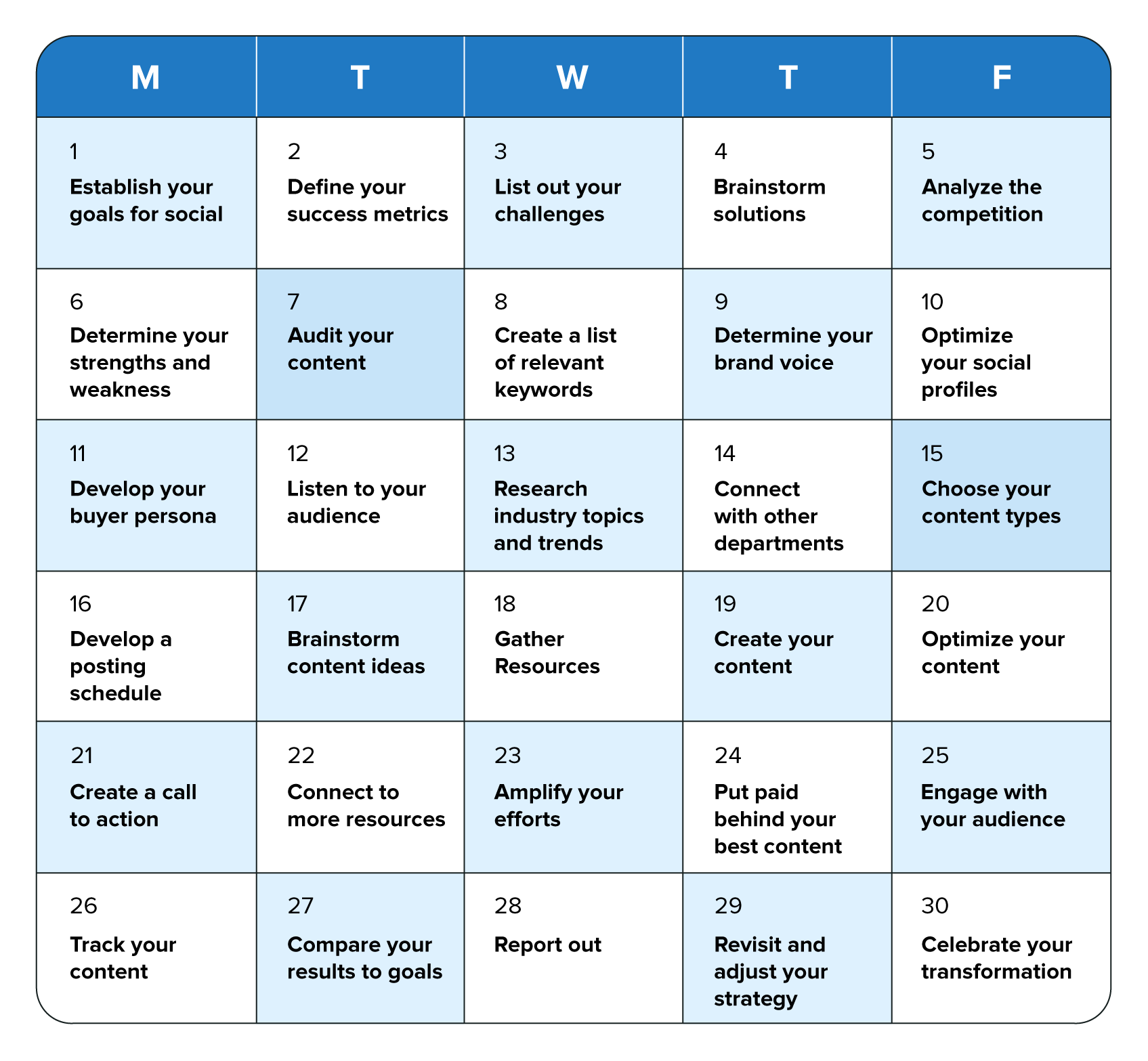
In today’s digital landscape, social media has become an indispensable tool for businesses to connect with their target audience, build brand awareness, and drive sales. To effectively harness the power of social media, it is crucial to have a well-planned and executed social media calendar. This article provides a comprehensive guide to creating a social media calendar for 2025 UK, outlining the key steps, best practices, and essential tools to ensure a successful social media strategy.
1. Define Your Goals and Objectives
The first step in creating a social media calendar is to clearly define your goals and objectives. What do you want to achieve with your social media presence? Do you aim to increase brand awareness, generate leads, or drive sales? Once you have identified your goals, you can tailor your content and strategy accordingly.
2. Identify Your Target Audience
Understanding your target audience is essential for creating relevant and engaging content. Conduct thorough research to identify their demographics, interests, behaviours, and preferred social media platforms. This will help you tailor your messaging and ensure that your content resonates with your intended audience.
3. Research and Plan Your Content
The key to a successful social media calendar is high-quality, engaging content that aligns with your goals and target audience. Plan your content in advance to ensure a consistent and cohesive brand voice across all platforms. Consider a mix of content formats, including images, videos, infographics, and blog posts, to cater to diverse audience preferences.
4. Schedule Your Posts
Once you have created your content, it’s time to schedule your posts. Use a social media scheduling tool to automate the posting process and ensure that your content is published at optimal times. Consider factors such as audience engagement patterns, industry trends, and platform algorithms when determining the best posting schedule.
5. Monitor and Analyse Your Results
Tracking and analysing your social media performance is crucial for optimising your strategy. Use social media analytics tools to monitor key metrics such as reach, engagement, and conversions. Regularly review your results and make adjustments to your content and posting schedule as needed to improve performance.
Best Practices for Creating a Social Media Calendar
- Plan ahead: Create your calendar well in advance to ensure a consistent and organised social media presence.
- Be flexible: Allow for flexibility in your calendar to accommodate unexpected events or changes in strategy.
- Use a social media scheduling tool: Automate the posting process and save time.
- Collaborate with your team: Involve relevant stakeholders in the planning process to ensure alignment and support.
- Stay up-to-date with industry trends: Regularly monitor social media best practices and platform updates to stay ahead of the curve.
Essential Tools for Social Media Calendar Planning
- Hootsuite: A comprehensive social media management platform that offers scheduling, analytics, and collaboration tools.
- Buffer: A user-friendly scheduling tool that allows you to plan and publish content across multiple platforms.
- SproutSocial: A powerful social media management tool that provides advanced analytics, engagement monitoring, and team collaboration features.
- Google Analytics: A free web analytics tool that provides insights into website traffic, audience behaviour, and social media performance.
- Bitly: A URL shortener that allows you to track the performance of your social media links.
Conclusion
Creating a social media calendar for 2025 UK is essential for businesses to effectively manage their social media presence, connect with their target audience, and achieve their marketing goals. By following the steps outlined in this guide, using the recommended tools, and adhering to best practices, businesses can develop a successful social media strategy that drives results and strengthens their brand. Remember to regularly monitor and analyse your performance to continuously improve your strategy and maximise your social media ROI.
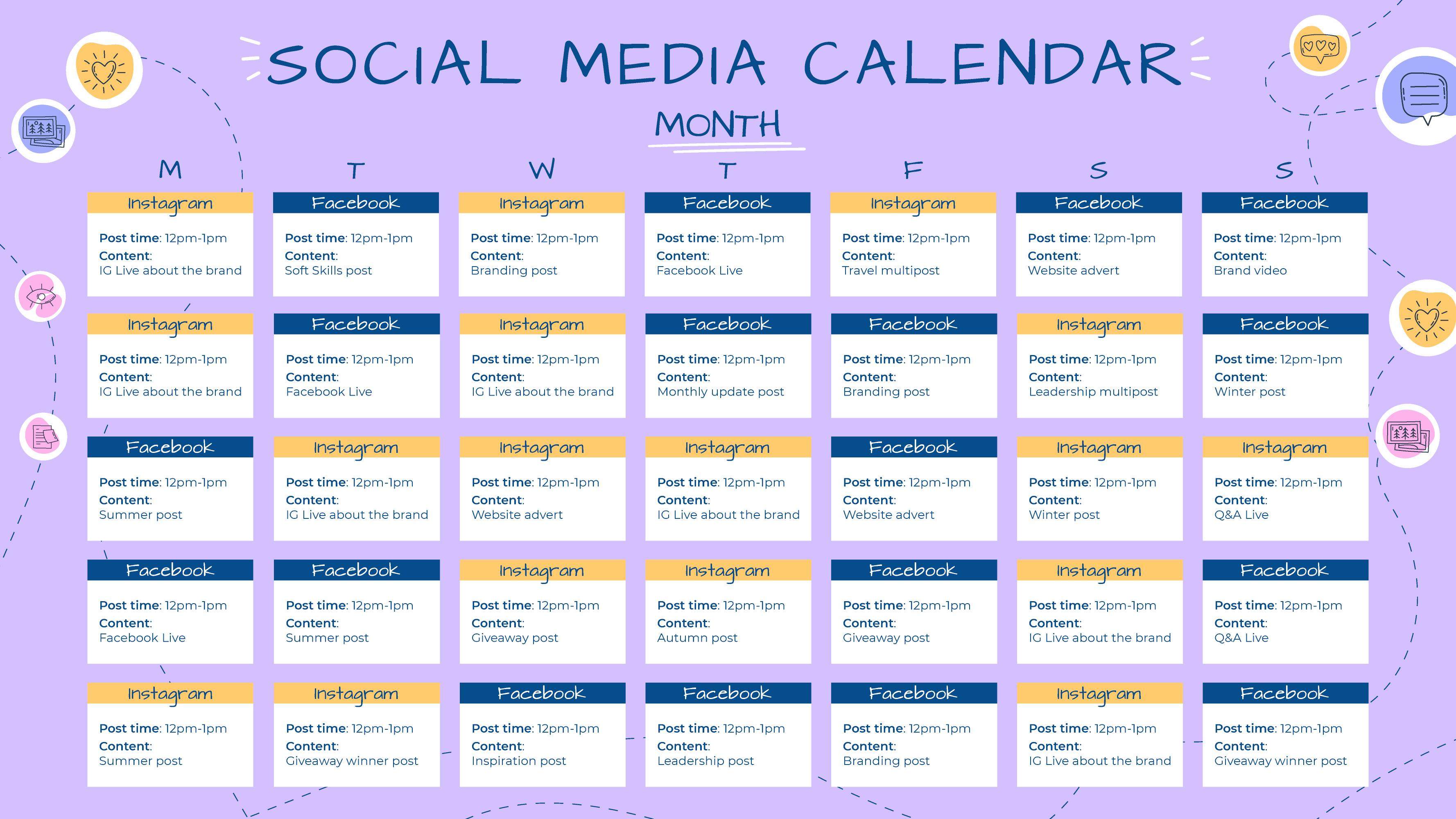

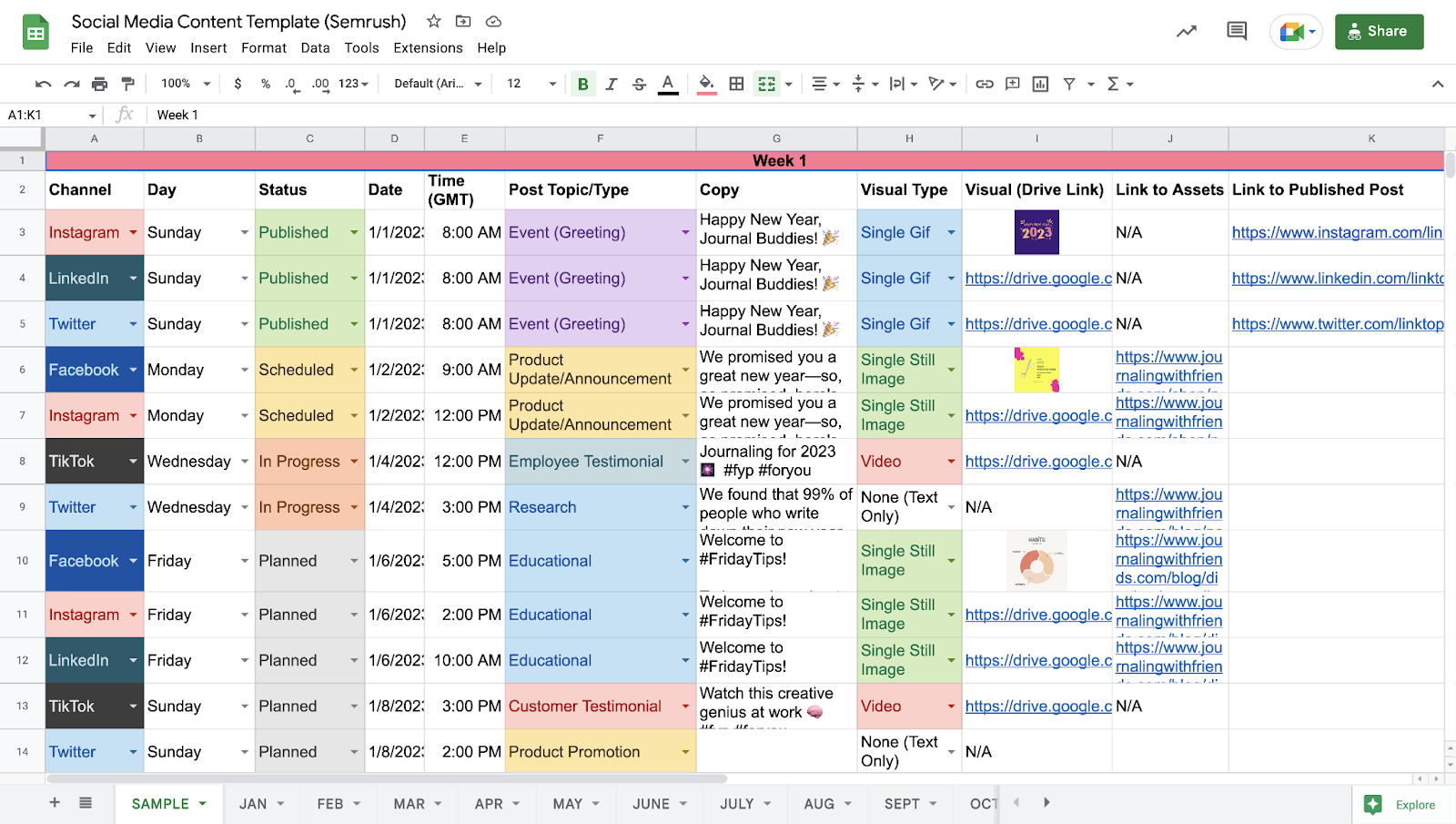
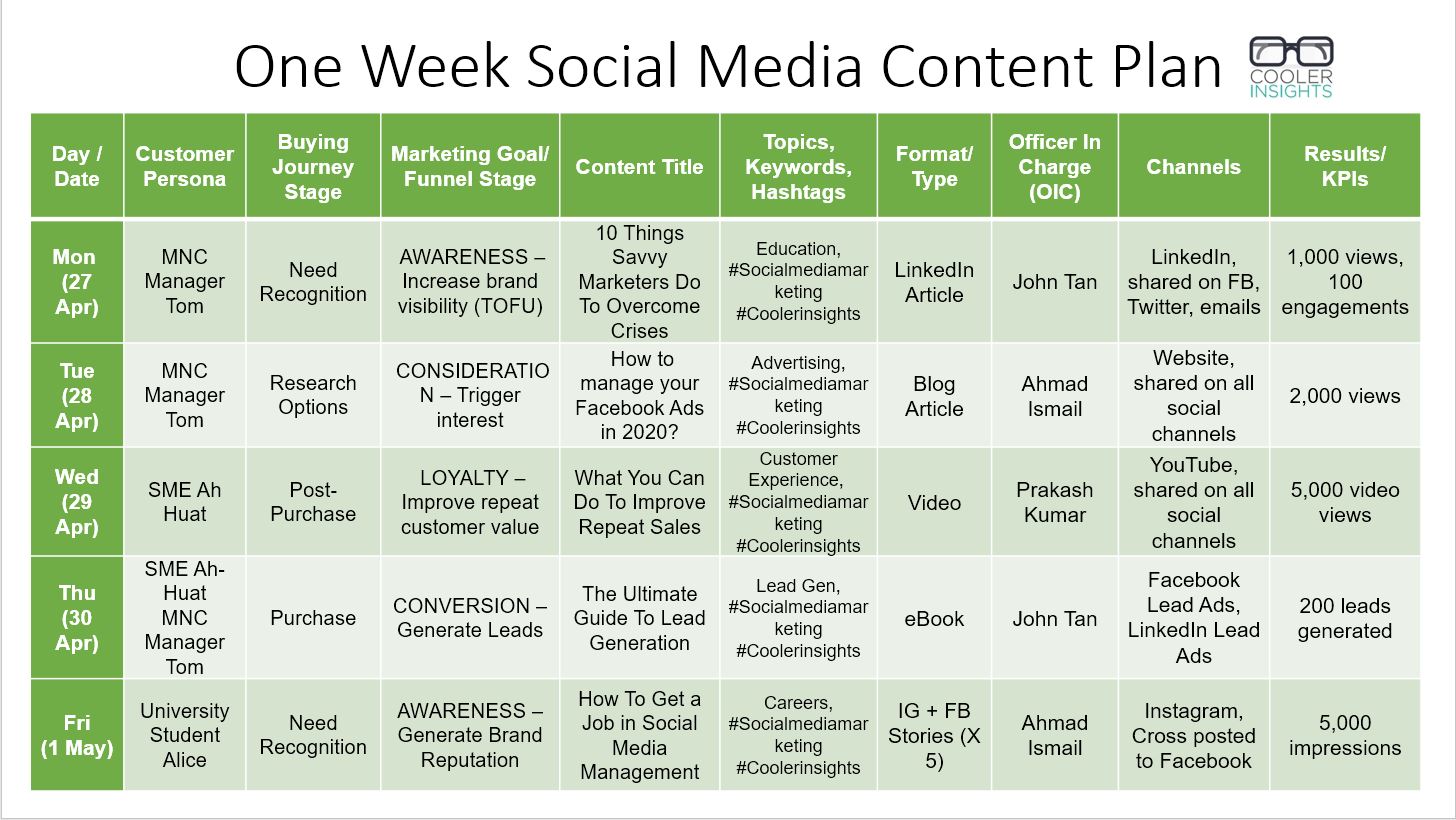
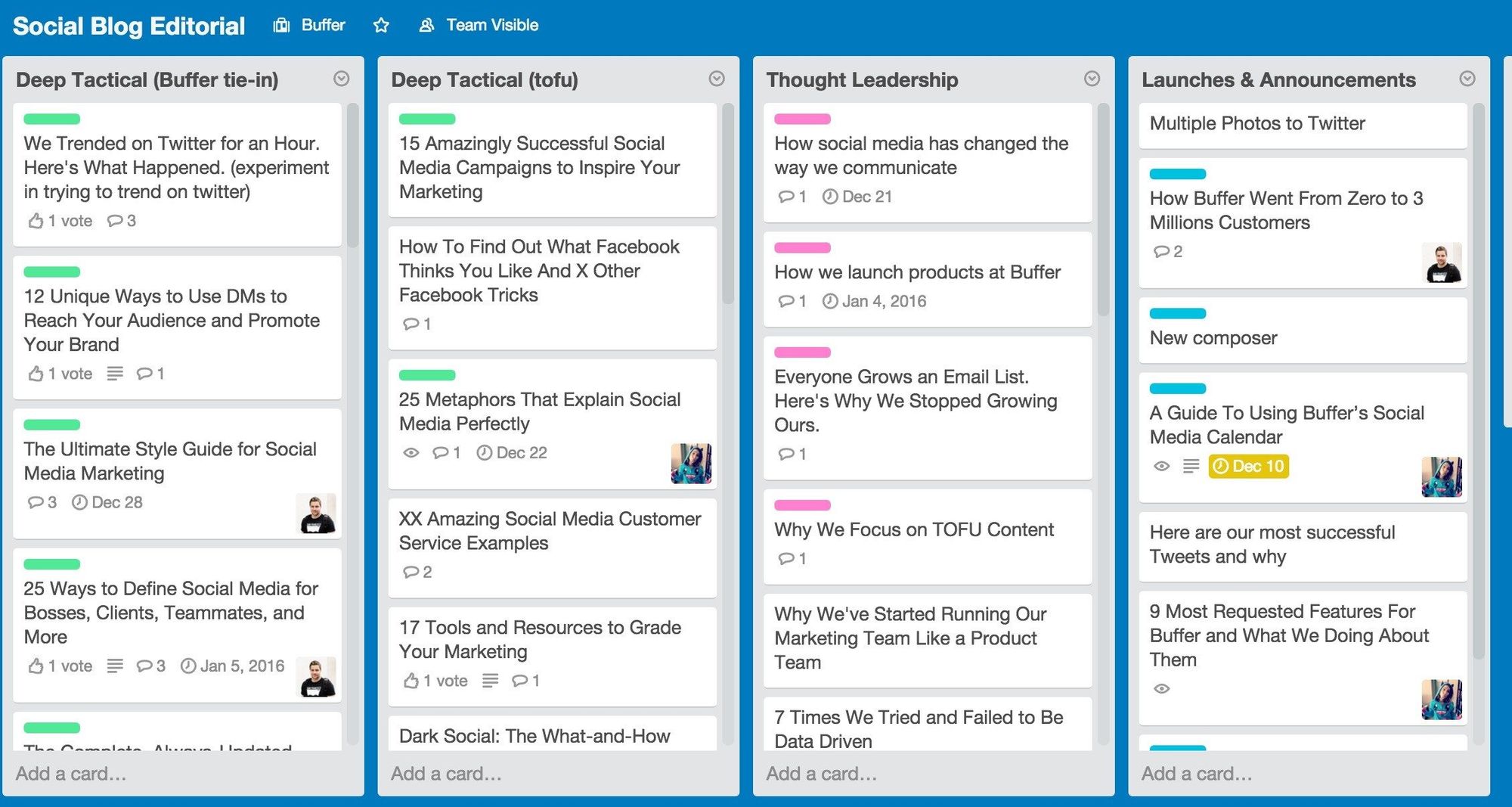

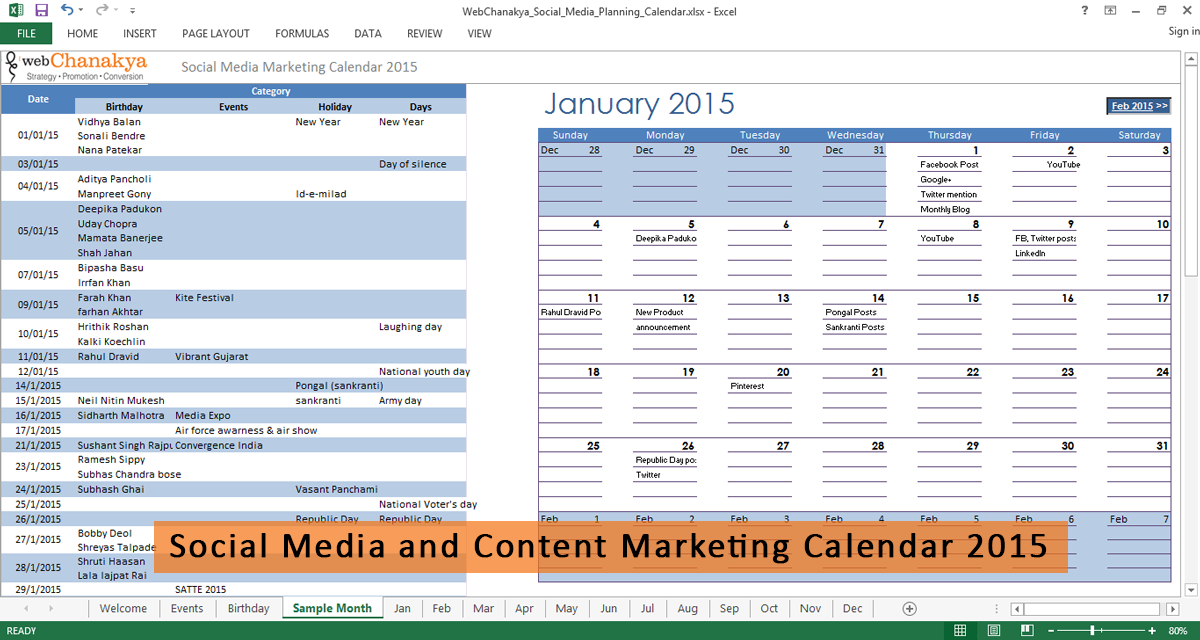
Closure
Thus, we hope this article has provided valuable insights into Social Media Calendar 2025 UK: A Comprehensive Guide to Planning Your Social Media Strategy. We hope you find this article informative and beneficial. See you in our next article!
